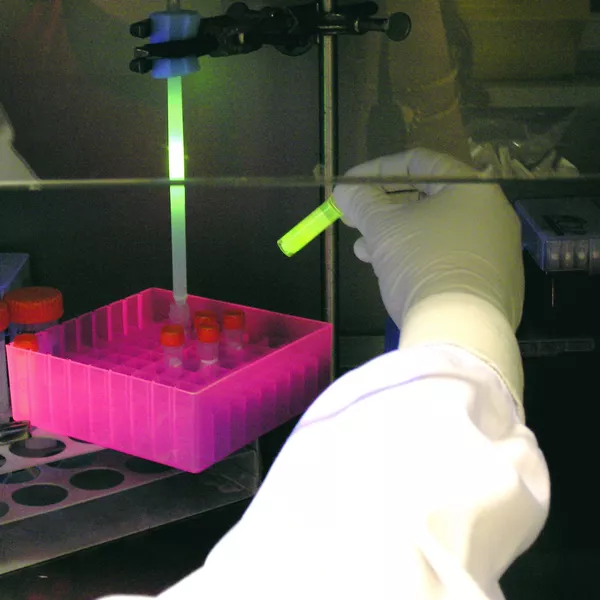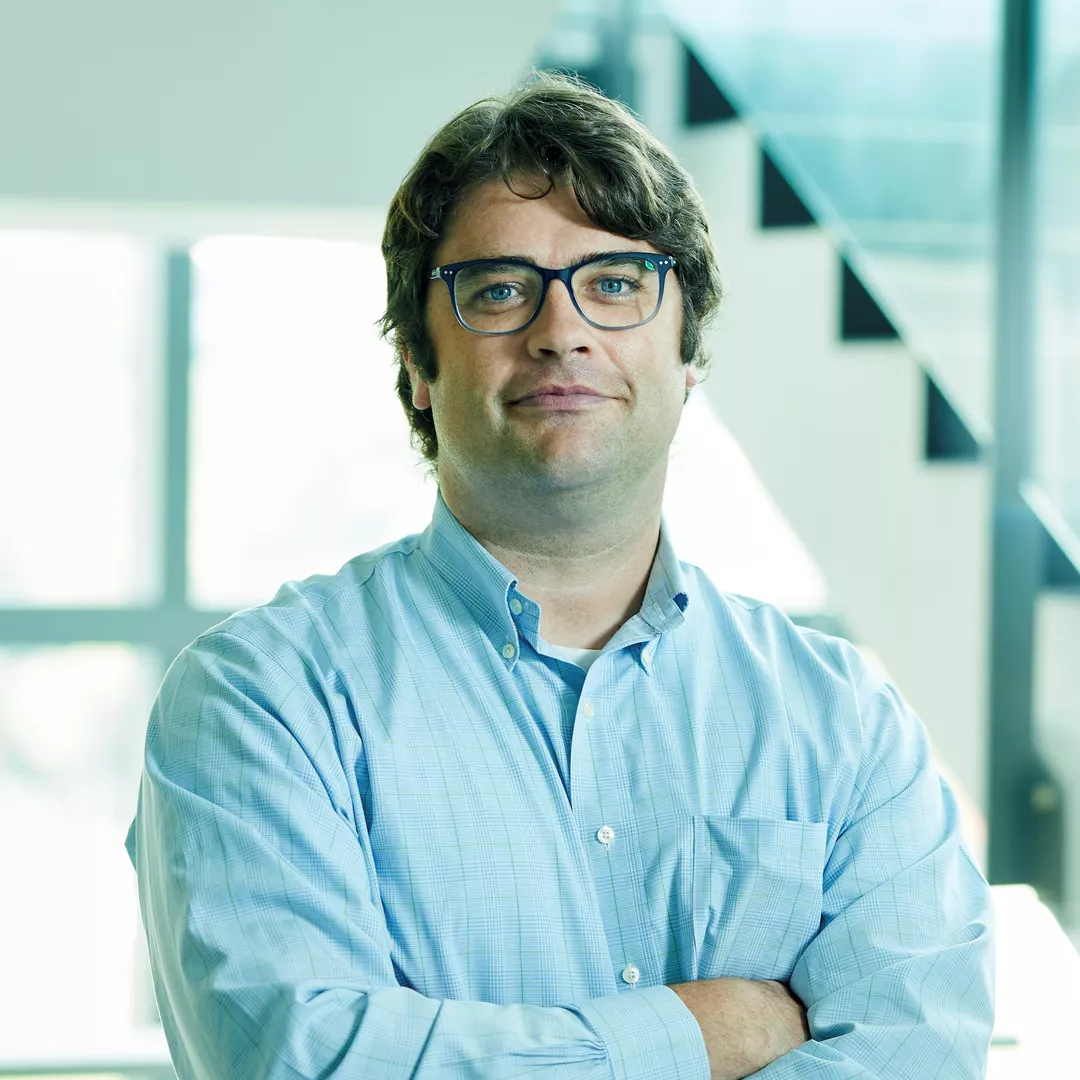
The Vanguard Grant is funded by the Heart Foundation. It provides funding to test the feasibility of innovative concepts in clinical, public health and/or health services (including clinical service delivery) or biomedical research which may lead to larger, more rigorous studies in the future. These projects are expected to produce tangible outcomes with the potential to further advance preclinical research technology or improve cardiovascular health.

